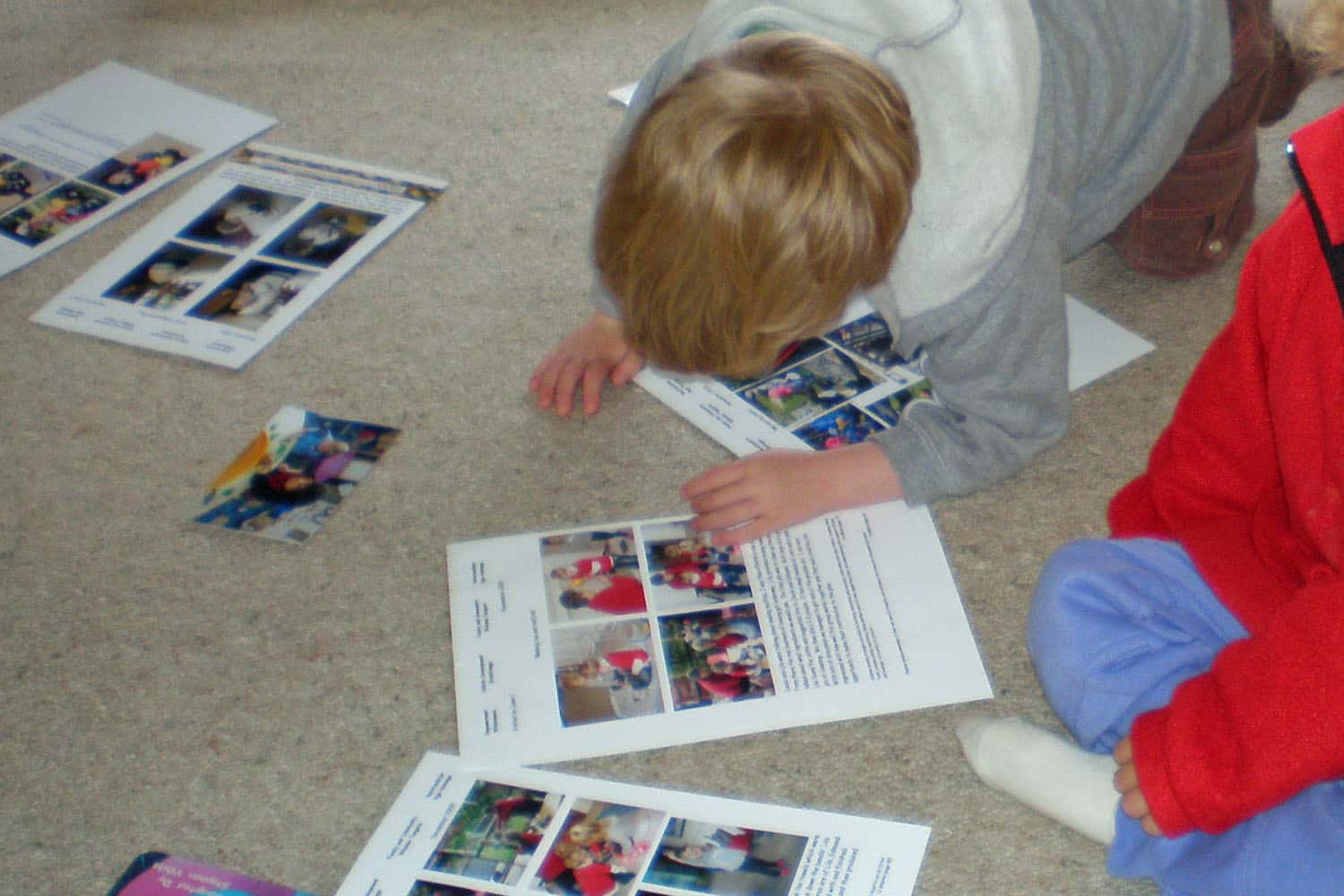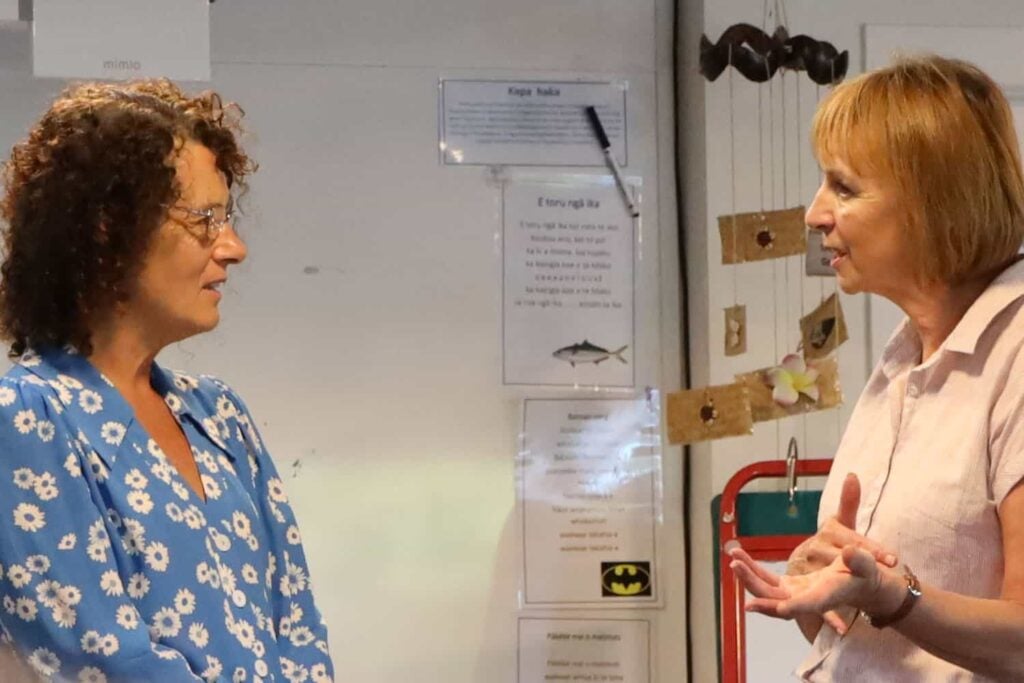The Education Review Office, NZ.
What does the Education Review Office do in respect of early childhood education services?
The job of the Education Review Office (ERO) is to go into an early childhood service, carry out an evaluation of it, write a report, and make the report publicly available by publishing it on its website.
From time to time, ERO will mine information on a particular topic (e.g. science, infant-toddler care, awareness of Te Whāriki) from the services it visits over a specified period and use this information to produce and published a report on the topic.
The Benefits of what ERO does
ERO staff are trained in evaluation. When its staff go into an ECE service, ECE service providers/ owners and managers must participate in the evaluation process, by answering questions and providing documents that their ERO reviewer requests.
This external evaluation, supports services to engage in their own internal evaluations/ or self-reviews. Service providers and managers learn at least something about evaluation through ERO’ participatory review process. ERO reviewers usually make a point of asking about the service’s own systems for self-review and evaluation, and check its self-evaluations, which in turn means that service providers and owners develop some capacity to collect information and look critically at aspects of their practice and/ or policies.
 Common misconceptions about ERO
Common misconceptions about ERO
Inspection
The Education Review Office does not have power to issue sanctions or penalties against an early childhood service. Inspection and ensuring compliance with regulations and licensing rules is the job of the Ministry of Education, and not ERO.
Advice and Support
The Education Review Office does not function as an advice and support agency. Once the final copy of a service’s ERO report has been negotiated and agreed on between it and the service provider or owner, the Education Review Office has no further contact with the service provider until it schedules the service’s next review.
Struggling services must source advice and support elsewhere. ERO provides a morale boosting affirmation of practices for services it identifies as doing well, but beyond providing praise, the service provider receives no mentorship or ongoing guidance.
Public Trust in Education Review Office Reports
An ERO report cannot be relied on to accurately reflect the ECE service’s safety and quality for children and adults, and the service’s goodness for parents, family and whānau.
For starters, services owners/ mangers are given approximately 4 weeks notice of ERO’s intention to undertake a review and the proposed date of the reviewers’ visit. This enables service providers and managers to prepare for the review and the reviewers’ visit.
Also, visits can be up to 4 years (sometimes over) apart. So the latest report published by ERO on a service may not have been carried out under the current staffing at the service or under the current ownership.
Then there is also a question of ERO staff training. ERO staff, while skilled in evaluation methodology, do not necessarily have prior experience of working in an early childhood setting and they are not required to have previously studied child development and ECE. Therefore, they may not see what’s really going in practice in an early childhood service, have the perception and understanding to know what other questions to ask, and they may not see fully what impact practices are having on the young child or infant.
ERO staff are not employees of the Ministry of Education and do not do licensing of early childhood services. They can therefore interpret the regulations and rules differently to the Ministry of Education. So what ERO reviewers may state to be an area of non-compliance may not be judged as non-compliance by the Ministry of Education, while the Ministry of Education may pick up on non-compliances due to an investigation following a serious incident involving a child or a compliant that the ERO did not see or find.
How Much Should We Value ERO Reviews of ECE Services?
By Warwick Marshall.
February 2016.
If you have ever bought a car or a house you may have arranged a pre-purchase inspection report so you can be assured it isn’t a lemon or a leaky home. How much would you value a car inspection if done by a train mechanic?
You might feel better if it was done by a truck mechanic because a truck is more similar to a car than a train. Even better perhaps if a panel beater turned up. Though, perhaps you might have assumed the person inspecting the car would actually be experienced and qualified with, well, cars! A car mechanic perhaps?
How about ERO reviews of ECE services? How much should we value and trust them?
Do you feel assured knowing that the reviewer will have some kind of tertiary qualification? Maybe you can rest easy knowing the reviewer will usually have some management experience in an educational setting. Do you feel better knowing the reviewer will have undergone a training process to become an evaluator and will participate in professional development? Though, perhaps you might have assumed the person reviewing an ECE service would actually be experienced and qualified in, well, ECE! An ECE teacher perhaps?
How many ERO reviewers are ECE, primary or secondary qualified? How many are without teaching qualifications? What proportion of ECE services are reviewed by an actual ECE qualified reviewer? Compare this with the proportion of primary and secondary schools reviewed by a reviewer with actual relevant qualifications. Unfortunately it seems that this data is currently unavailable.
For a house pre-purchase inspection would it make sense to have the builder inspect the wiring, the plumber to check the load bearing wall or the electrician to report on the kitchen sink? Certainly a qualified builder can inspect most things but you’ll find some very big disclaimers on the inspection report and advice to the buyer to consult with the ‘experts’ (electrician, plumber) to be sure of no problems. And, you’d be a mug if you’re a builder doing inspections without indemnity insurance; getting it wrong could cost you hundreds of thousands.
So what is the cost of ERO reviewers getting it wrong? It likely won’t cost the ERO or the reviewers anything because no-one will know they got it wrong. But, the cost to the children could be on going misery, developmental problems and insecure futures all of which accumulate to massive costs to society.
However, maybe we need not fret because ERO assures that the specialist expertise needed is evaluation, not sector expertise. The reviewers follow a manual of standard procedures, use criteria and work in teams to make robust judgements. And, a partnership approach with the ECE service means their perspective contributes to the overall judgments too. Be reassured that a reviewer qualified in ECE may from time to time actually review an ECE service.
Comments received from members on the Education Review Office
- One of the things I have always wondered about is the way centres know well in advance when the review is going to be so it is easy to get things up to date, bring in more equipment or staff for the day so things look better. How would it be using the motoring analogy if instead of roadside checks for warrants and registration you were sent a letter that in three months’ time you were to call in at your local police station on a certain day to show them you had a current warrant and registration and this happened every three years. I bet a lot of people would only get them done every three years and the rest of the time wouldn’t bother. This is how I think ERO reviews work. There should be spot checks if they are to find anything out.
- I spoke to Iona Holsted who is now the head of the Ministry of Education a few years ago when she headed ERO and I suggested spot checks to her. The response was lukewarm and as I recall was something along the lines of “We have too many centres to see to do spot checks”. I remain baffled by this when the ERO’s stated intention is “The child, the heart of the matter”. It seems to me that a more accurate statement would be “Paperwork, the heart of the matter”!









